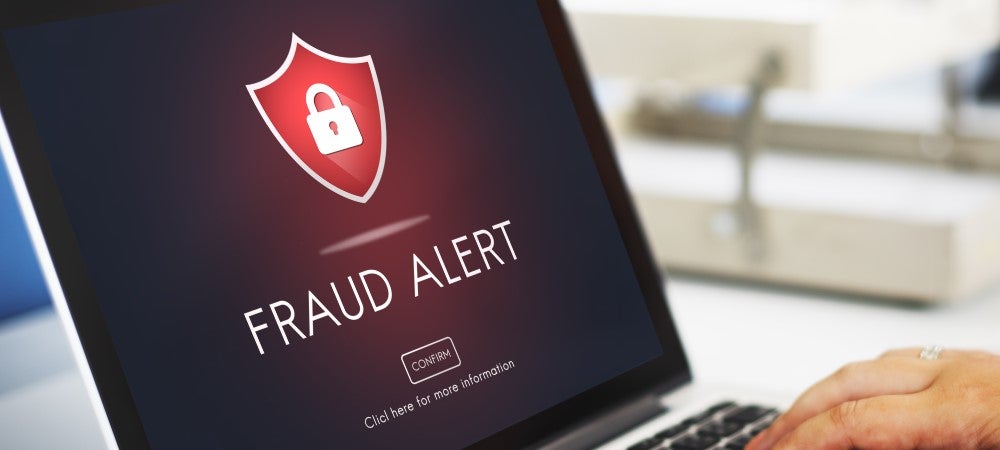Contact tracing is something you’ve probably heard a lot about in news coverage of the coronavirus pandemic. It’s the process of identifying people who’ve come in contact with those who’ve tested positive for COVID-19. It’s an important process in halting the spread of the disease since it allows people who have a greater chance of contracting it to quarantine and keep from passing it along to others.
The people who administer this important public health process are called contact tracers. They usually work for state health departments in cooperation with residents and other public health organizations. The process they carry out is involved but fairly simple. They speak with people who’ve been infected and get the names and phone numbers of everyone they know they’ve come in close contact with most recently. Those names and numbers are entered into an online database and the tracers use that information to contact folks who may now be infected.
If you’ve been in contact with someone who tests positive for COVID-19, you may get a text message from the health department letting you know to expect a call from a specific number. The tracer who calls you will ask for your name, date of birth, and your preferred contact number. They may also ask if you’d like to enroll in a text message notification program, which sends daily health and safety reminders via text during quarantine.
Unfortunately, scammers pretending to be contact tracers are taking advantage of this process and using it to steal people’s personal information, which can be dangerous and costly if you’re a victim. We don’t want you to be a victim, so here are some tips from the Federal Trade Commission, the Ohio Department of Health, and Columbus Public Health to avoid these scams:
Watch Out
It’s not always easy to spot a fake contact tracer, but there are some signs that the person contacting you is not on the level:
- They ask for your social security number, bank account, or credit card information.
- They demand payment for information or testing.
- The email or text message asks you to click a suspicious link.
Legitimate contact tracers do not need your government identification or financial information, would never ask for any form of payment, and would not have you enter your data into a third-party system. Anyone asking you to do any of these things is a scammer.
Don’t Click
Again, no legitimate text message from the health department includes a link to click. They only need to collect your name, date of birth, and preferred contact number. Clicking on a link in one of these messages will likely download software onto your device that gives scammers access to your personal and financial information. Ignore and delete any of these messages that ask you to click a link.
Ask Questions
If you suspect you might be the target of a scam contact tracer, ask for their name, affiliation, and phone number and tell them you’ll call them back. Then call your local health department to verify their legitimacy and their information.
Filter unwanted messages
The best way to avoid scam text messages is to keep them from reaching you in the first place. There are several ways to filter or block unwanted messages – some of which you may already have at your disposal:
- Check your phone for an option to filter and block messages from unknown senders.
- See if your wireless provider offers a tool or service that lets you block text messages.
- Download a call-blocking app that lets you block unwanted text messages.
Protect your data
It’s practically impossible to avoid every hacking attempt or scam, but it is possible to improve the chances of safeguarding your data:
- Use multi-factor authentication for your online accounts. It requires two or more credentials to log in, which makes it harder for scammers to get access to your usernames and passwords.
- Enable automatic updates to the operating systems and apps on your electronic devices. Auto updates make sure you get the latest security patches that can protect you from malware.
- Back up the data on your devices regularly so you won’t lose valuable information if you’re the victim of a malware or ransomware attack.
Speak Up
Most people who are the victims of contact tracing scams (and other types, too) keep it to themselves. But it’s important to let officials know about them so they can warn and protect others. If you suspect you’ve been the target of a scam, call the Ohio Attorney General’s office at 1-800-282-0515 or file a complaint at www.OhioProtects.org.
Contact tracing is essential to stopping the spread of COVID-19. But it can only work if we trust and participate in the process. If you’re contacted, be ready to assist a legitimate health department tracer with their important work. Just be careful about what you share in the process.

